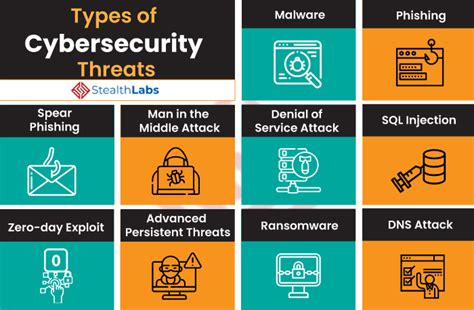In the realm of cybersecurity, the moment a server goes online, it becomes a target for malicious entities seeking vulnerabilities to exploit. The comments from tech enthusiasts reveal the harsh reality of the digital landscape, where even a brief exposure to the internet can result in relentless attacks.
One prevalent defense mechanism discussed is the adoption of Virtual Private Networks (VPN) like WireGuard to shield servers from immediate threats like SSH login attempts and port scans. By encrypting and routing traffic through a secure channel, VPNs act as a barrier against unauthorized access, reducing the surface area for potential attacks.
Another crucial aspect highlighted in the comments is the significance of avoiding the direct exposure of services like SSH to the public internet. Users emphasized the implementation of default-deny firewall rules, port knocking techniques, and the judicious use of SSL certificates to enhance server security.
The discourse also touches upon the role of certificate transparency logs in escalating scanning activities, underscoring the necessity of proactively fortifying servers against potential vulnerabilities. Strategies like utilizing wildcard certificates, managing SSH configurations, and employing robust access controls emerge as pivotal measures in strengthening server defenses.
As the discussions unfold, the community’s reflections on societal norms, legal implications, and the evolving threat landscape shed light on the broader challenges faced in combating cyber threats. Acknowledging the complex interplay between technology, security, and human behavior is crucial in fostering a resilient digital infrastructure.


Leave a Reply